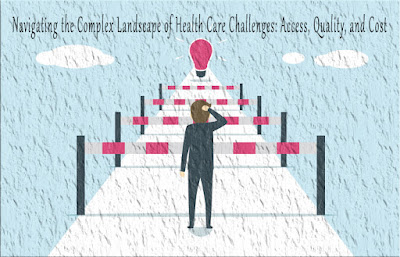In an era where obesity rates are climbing worldwide, finding natural ways to reduce excess weight has become increasingly important for maintaining health and well-being. While fad diets and extreme exercise regimens promise quick fixes, sustainable weight loss often hinges on adopting healthy lifestyle habits. Here are some effective and natural strategies to help you shed pounds and maintain a healthy weight:
1. Balanced Diet:
- Eat Whole Foods: Focus on consuming whole, unprocessed foods such as fruits, vegetables, lean proteins, and whole grains. These foods are nutrient-dense and lower in calories compared to processed alternatives.
- Portion Control: Be mindful of portion sizes to avoid overeating. Use smaller plates, chew slowly, and listen to your body's hunger signals.
- Limit Sugars and Saturated Fats: Reduce intake of sugary beverages, snacks, and foods high in saturated fats. Opt for healthier alternatives like water, unsweetened teas, and snacks like nuts and fruits.
2. Regular Exercise:
- Cardiovascular Activities: Engage in aerobic exercises such as walking, jogging, swimming, or cycling. Aim for at least 150 minutes of moderate-intensity exercise per week.
- Strength Training: Incorporate resistance exercises to build muscle mass, which can increase metabolism and aid in burning calories even at rest.
- Stay Active: Find ways to stay active throughout the day, such as taking stairs instead of elevators and incorporating movement breaks during prolonged periods of sitting.
3. Hydration:
- Drink Water: Often, thirst can be mistaken for hunger. Drinking water before meals can help control appetite. Aim for at least 8 glasses (64 ounces) of water daily, adjusting based on individual needs and activity levels.
4. Adequate Sleep:
- Quality Sleep: Lack of sleep disrupts hormonal balance, increasing cravings for unhealthy foods and slowing metabolism. Aim for 7-9 hours of quality sleep each night to support weight loss efforts.
5. Stress Management:
- Practice Relaxation Techniques: Chronic stress can lead to emotional eating and weight gain. Incorporate activities like meditation, yoga, or deep breathing exercises to reduce stress levels and promote overall well-being.
6. Mindful Eating:
- Awareness: Pay attention to hunger and satiety cues. Avoid distractions while eating, such as watching TV or using electronic devices, to prevent overeating.
- Slow Down: Chew food thoroughly and savor each bite. This allows time for digestion and helps you recognize when you're full.
7. Consistency and Patience:
- Lifestyle Change: Remember that sustainable weight loss takes time and commitment. Focus on making gradual, long-term changes to your diet and exercise routine rather than opting for quick fixes.
8. Seek Support:
- Community and Accountability: Joining a support group or partnering with a friend can provide motivation and encouragement on your weight loss journey. Share successes and setbacks to stay motivated and accountable.
9. Consult Professionals:
- Healthcare Providers: If you have underlying health conditions or concerns about your weight loss plan, consult a healthcare provider or registered dietitian for personalized guidance.
Conclusion
Natural weight loss involves adopting a holistic approach that integrates healthy eating, regular physical activity, adequate sleep, stress management, and mindful eating practices. By making gradual lifestyle changes and prioritizing overall health, you can achieve sustainable weight loss and improve your quality of life in the long run. Remember, the key is consistency, patience, and a focus on overall well-being rather than just numbers on a scale.








